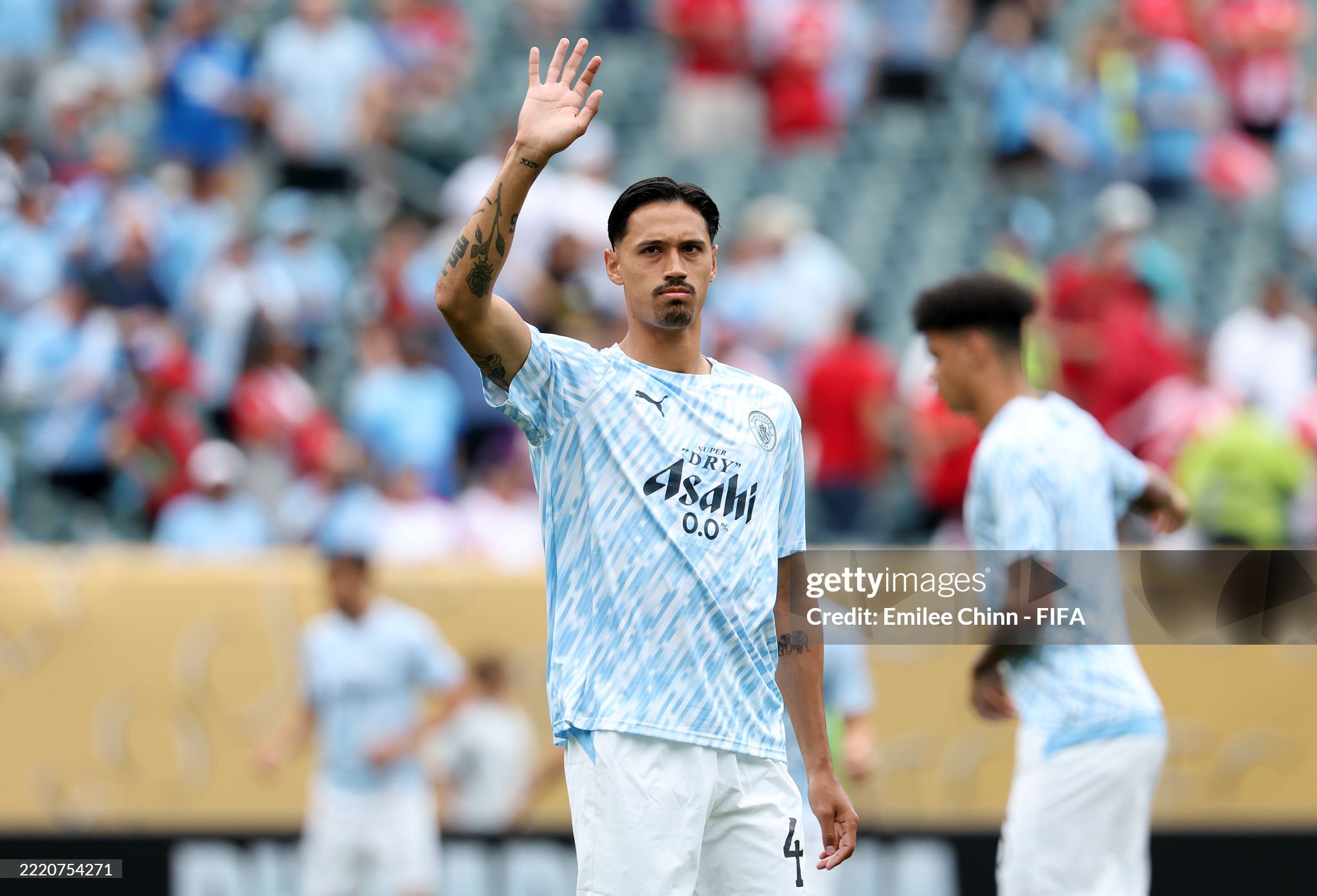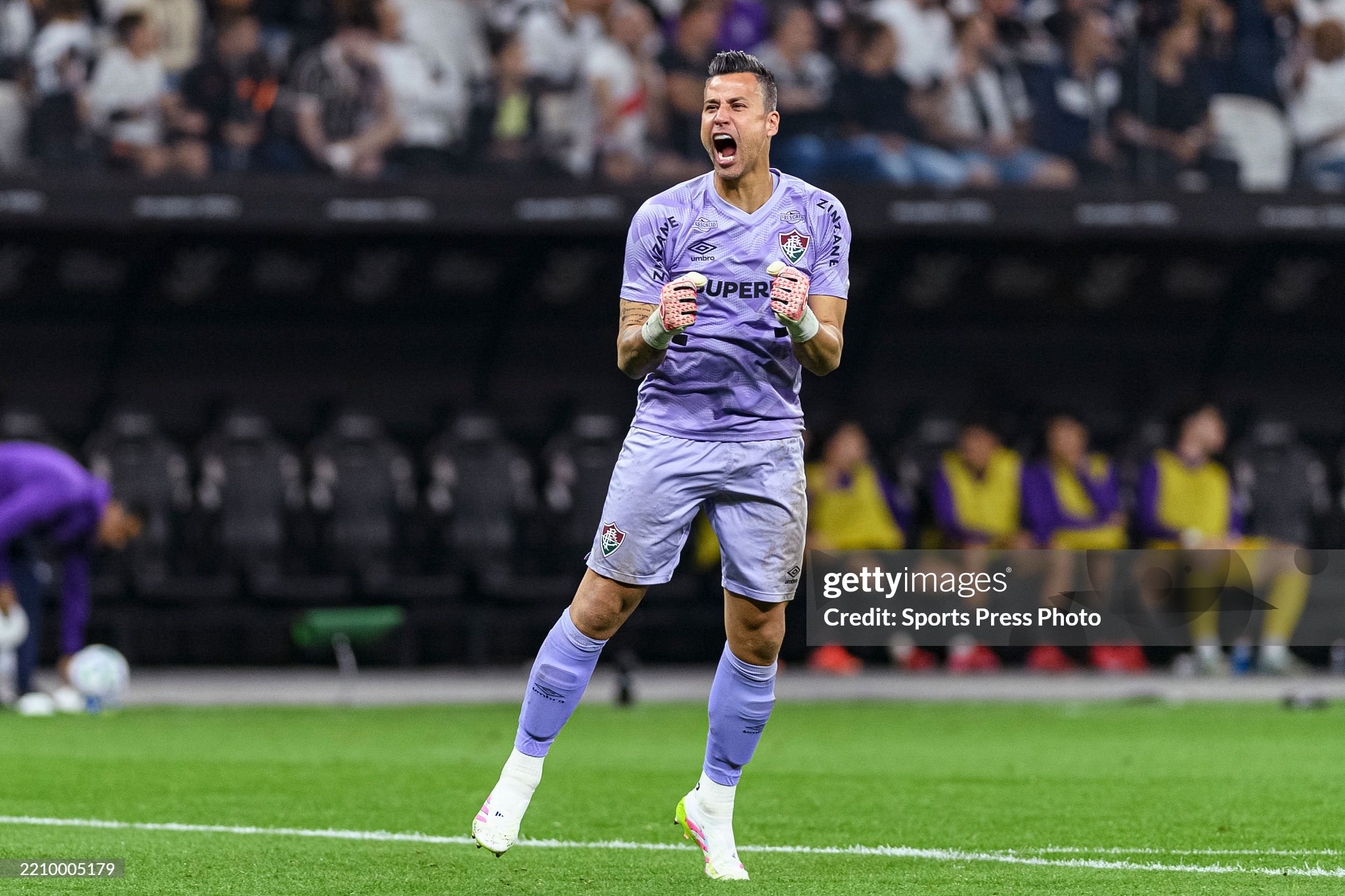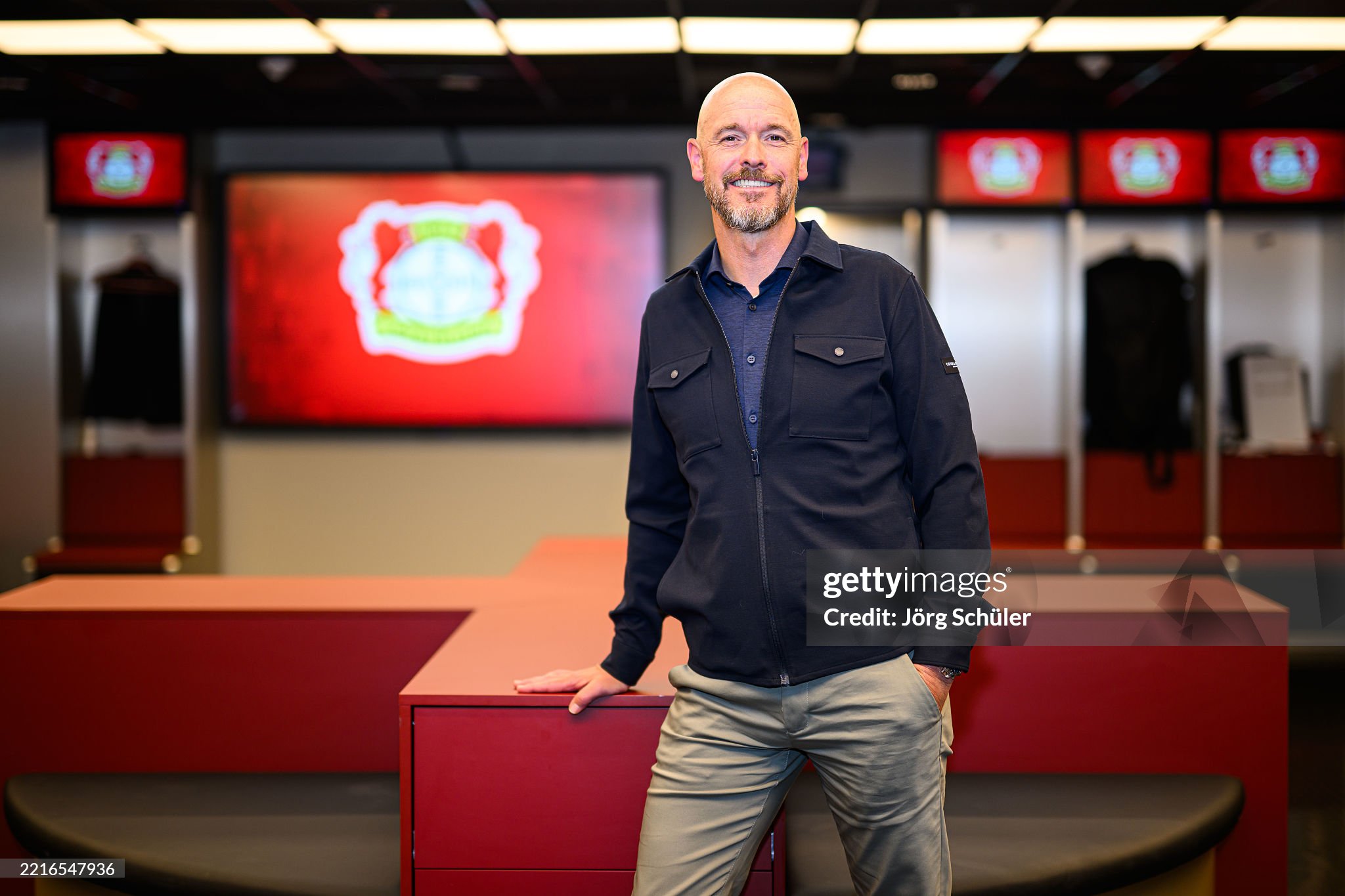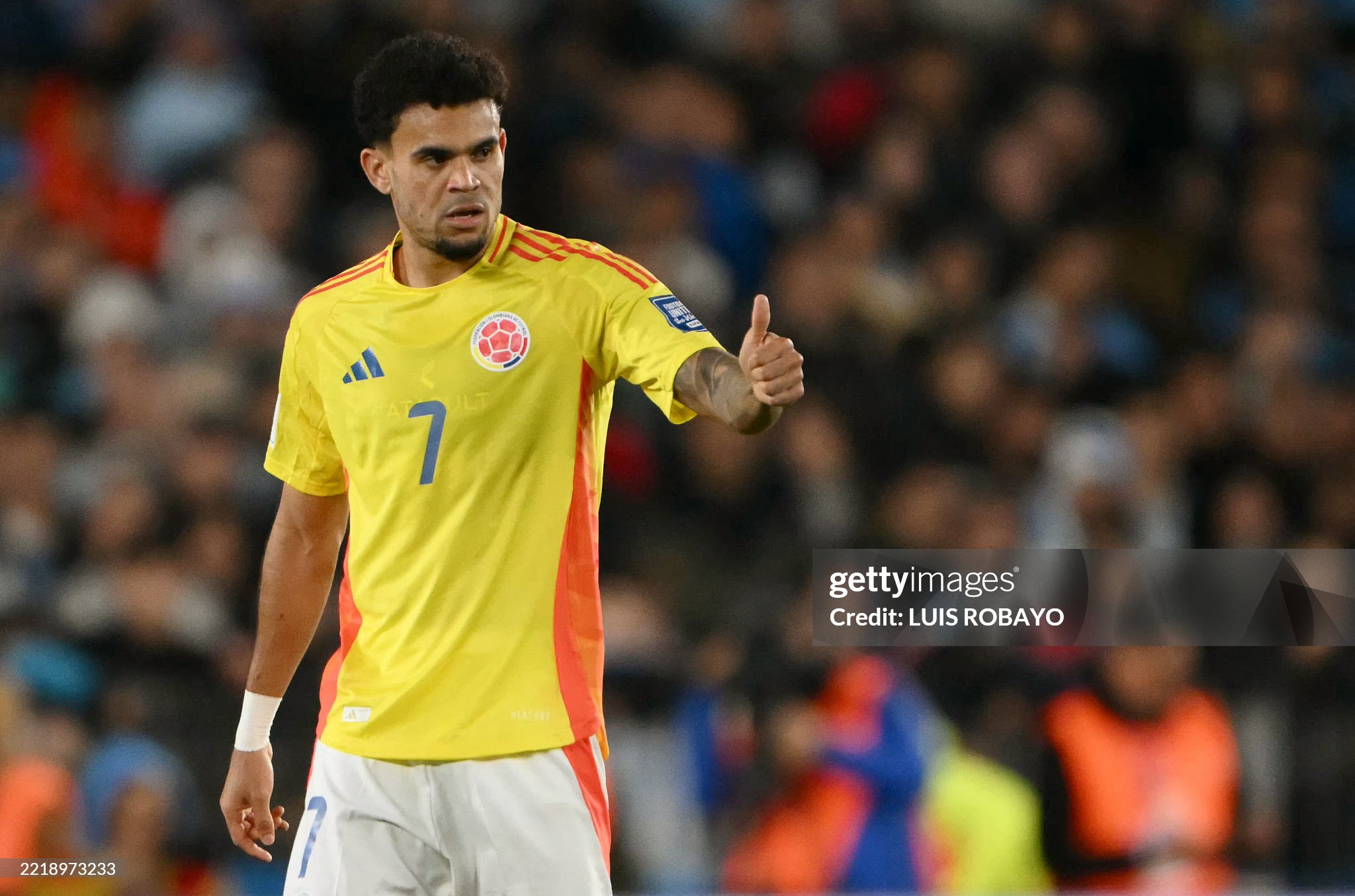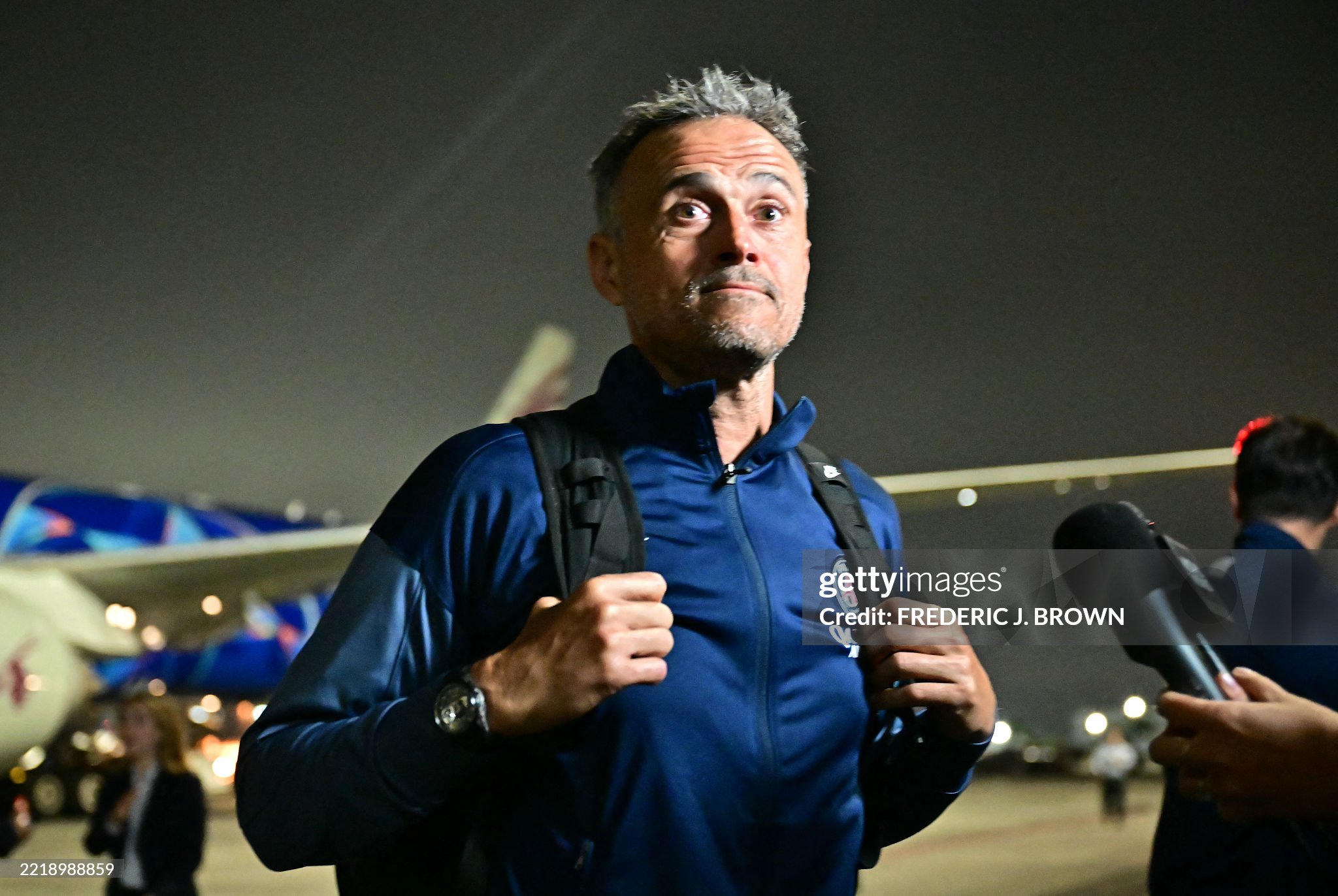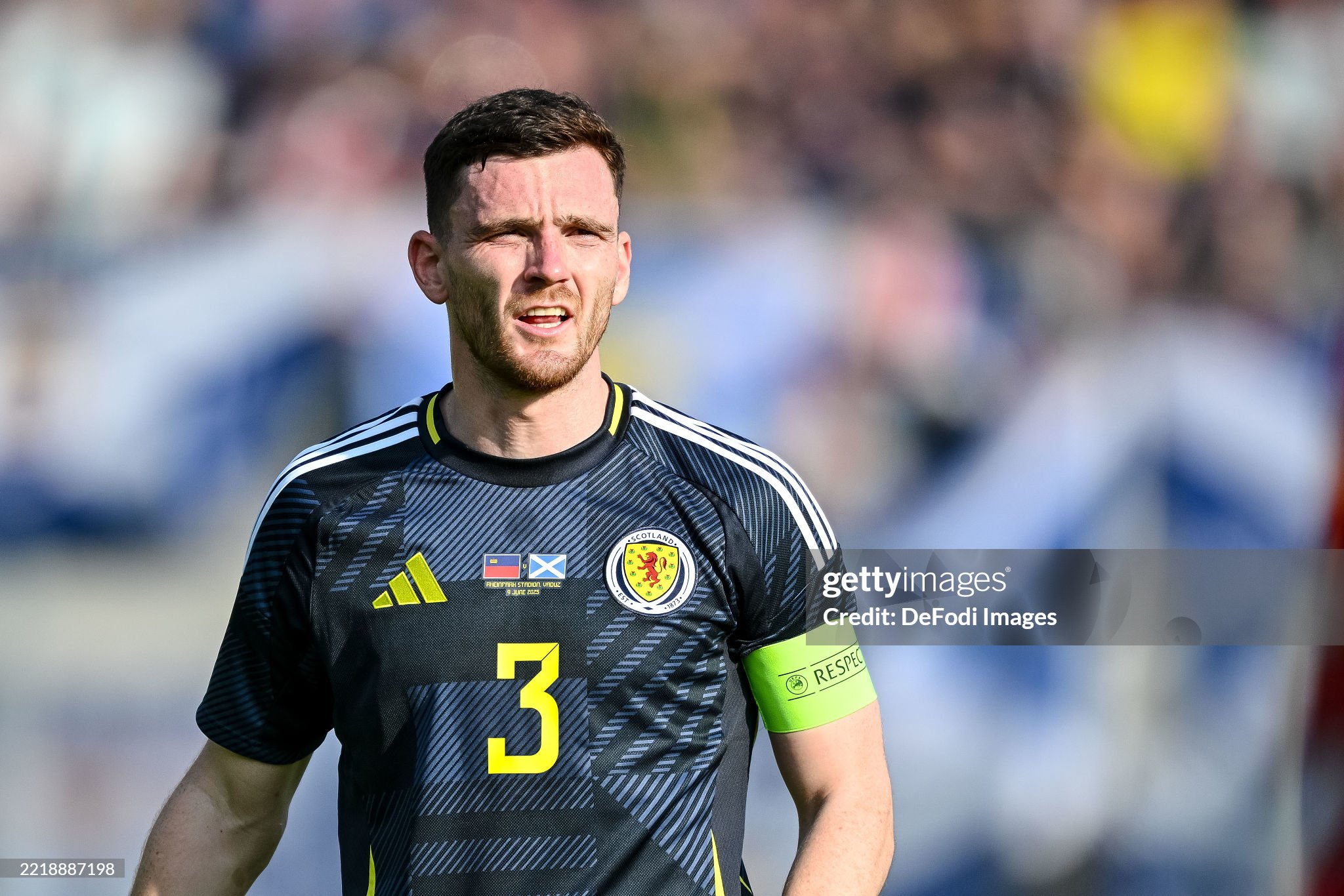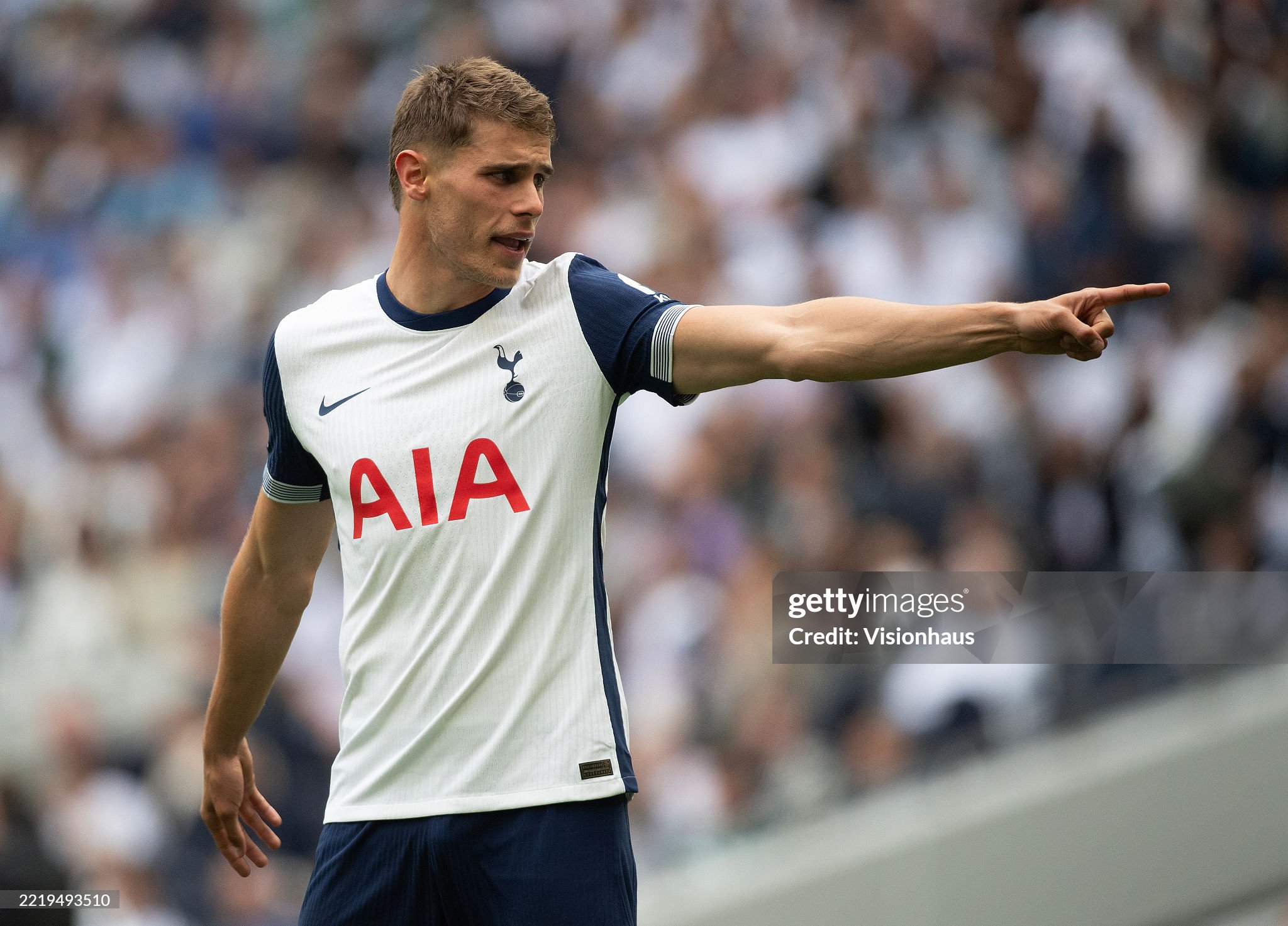Norwegian defender Marius Hoibraten, captain of Urawa Red Diamonds, apologized after a viral moment in which he failed to shake hands with River Plate players before their Club World Cup match.
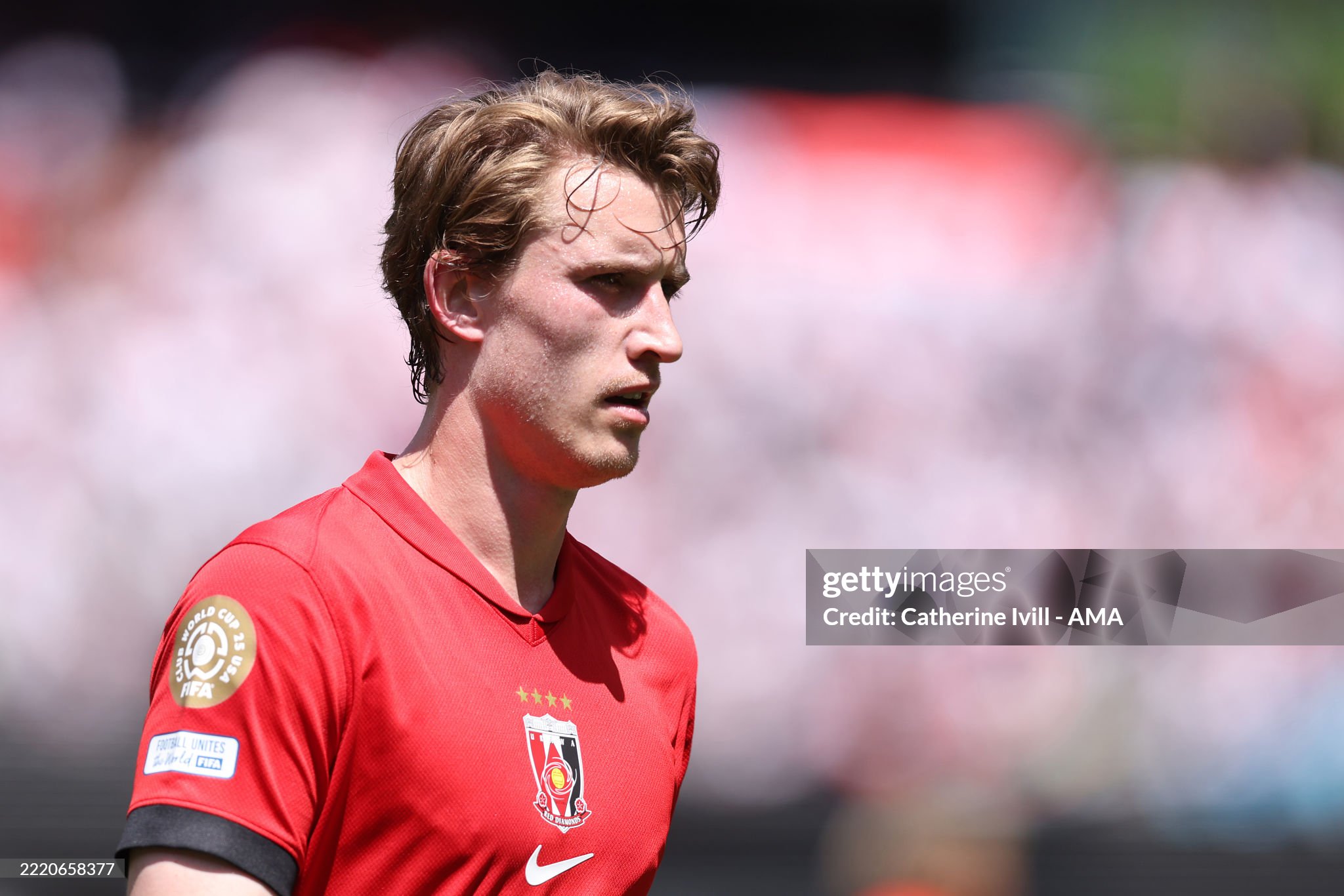 Embed from Getty Images
Embed from Getty Images
The moment quickly went viral on social media and triggered a wave of speculation: why didn’t Marius Hoibraten, captain of Japan’s Urawa Red Diamonds, shake hands with the River Plate players after both teams had lined up for the customary pre-match greeting?
In a tournament known for bringing together champions from across the world, this seemingly minor gesture or lack thereof sparked a storm of debate online, especially among River Plate fans, who viewed the action as a sign of disrespect.
The incident occurred ahead of the opening match of the group stage at the FIFA Club World Cup, where River Plate secured a convincing 3-1 victory over Urawa. As both teams lined up on the pitch for the traditional handshake line, cameras captured Hoibraten walking straight past the River players without acknowledging them. The scene didn’t go unnoticed, especially as every other player on the pitch followed the protocol. Clips of the moment circulated rapidly on platforms like Twitter, Instagram, and TikTok, with thousands of comments pouring in some criticizing Hoibraten’s actions as unsportsmanlike, others suggesting there might have been a misunderstanding.
On Wednesday, just days after the match, the 28-year-old Norwegian centre-back broke his silence and addressed the situation directly. In a message posted to his personal social media accounts, Hoibraten offered a detailed explanation and issued a sincere apology, aiming to bring clarity and close the chapter on what had become an unexpectedly controversial topic.
“To the River Plate fans,” he wrote, “I forgot to shake hands because the setup was new. I was lost, in my own zone, and didn’t understand what we were supposed to do. That’s why I walked by without shaking hands. It looked like I didn’t care about you or your players. That was never my intention.”
Hoibraten went on to explain that he had already approached the River Plate squad in the dressing room after the final whistle to personally apologize for the confusion. “I apologized to the players in the dressing room after the game, and now I apologize to you. Congratulations on the win and good luck in your upcoming matches,” his statement concluded.
The defender’s message was generally well received online, with many praising his honesty and humility in admitting the mistake. River Plate supporters, while initially angered by what appeared to be a deliberate snub, have largely accepted the explanation, noting that such moments of miscommunication can happen on the global stage especially when teams from different footballing cultures and routines meet under unfamiliar formats.
Hoibraten’s reaction reflects a growing awareness among players of the power and pressure of visibility in the age of viral media. Even minor lapses or misunderstandings can escalate into major talking points, particularly in high-profile tournaments like the Club World Cup, where each match is broadcast globally and analyzed down to the smallest detail. His decision to take responsibility quickly and publicly was seen as an example of professional maturity and respect.
The Norwegian defender, who joined Urawa Red Diamonds in 2022 from Norwegian side Bodø/Glimt, has established himself as a key figure at the heart of Urawa’s defense. Known for his leadership, calm presence on the ball, and strong aerial ability, Hoibraten was appointed captain for the Club World Cup campaign a clear vote of confidence from the coaching staff. His involvement in this controversy, though unintentional, added an unexpected twist to what was otherwise a challenging day on the pitch for Urawa.
Urawa Red Diamonds struggled to contain a dominant River Plate side, who looked sharper and more clinical throughout the 90 minutes. Despite pulling one goal back, the Japanese club couldn’t match the intensity and pace of the Argentine champions, who kicked off their Club World Cup journey in impressive fashion. For Urawa, the loss means they will need to regroup quickly and earn a positive result in their next match to stay alive in the tournament.
As for Hoibraten, the episode serves as a reminder that even the smallest actions especially in international tournaments can carry symbolic weight. His prompt and thoughtful response helped defuse what could have turned into a lingering narrative of disrespect. In the end, it highlighted both the pressures of the modern game and the human side of players, who, despite being professionals, are still susceptible to simple moments of confusion.
Updated: 05:14, 18 Jun 2025
